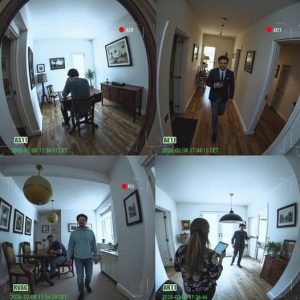The fatal shooting of conservative commentator Charlie Kirk at Utah Valley University has ignited national outrage and deepened political divisions. The suspect, 22-year-old Tyler Robinson, was arrested by the FBI for allegedly firing a single shot from a rooftop, killing Kirk during a live event attended by thousands. Authorities have classified the act as a politically motivated assassination.
Robinson was identified through a mix of surveillance footage, digital communications, and family-provided tips. Investigators uncovered Discord messages allegedly showing him discussing the rifle and planning to retrieve it. At the scene, law enforcement discovered a palm print, a forearm impression, and bullet casings engraved with political messages—evidence they say links Robinson directly to the crime.
Despite the FBI’s findings, Robinson’s grandmother has publicly disputed the allegations. She described him as a “shy, quiet kid” with no known political involvement or access to firearms. Her emotional defense has sparked skepticism of the official narrative, prompting many on social media to question whether authorities arrested the wrong person in a rush to deliver justice.
This tension has fueled a split in public opinion. Some see Robinson as a calculated political extremist, while others view him as a scapegoat in a high-profile case. The debate has centered on the reliability of digital evidence, family testimonies, and the speed with which the arrest was made. Online discourse has become a flashpoint for broader cultural and political grievances.
President Donald Trump has praised law enforcement for the swift arrest and referred to Kirk as a “martyr for freedom.” However, critics urge restraint, emphasizing the need for due process and cautioning against premature conclusions without a full trial.
Regardless of the outcome, the case has become symbolic of a divided nation—where political loyalties, distrust in institutions, and media narratives shape public judgment as much as the legal evidence itself.




